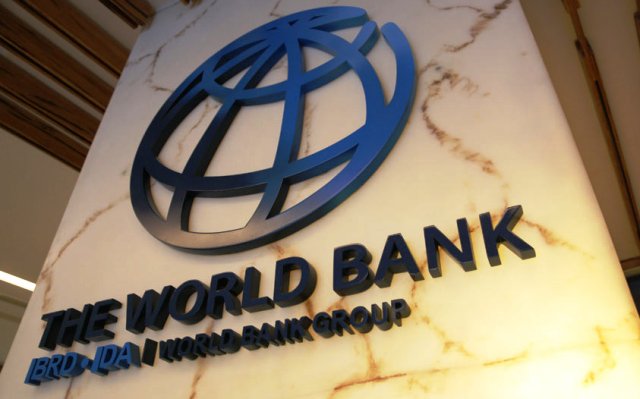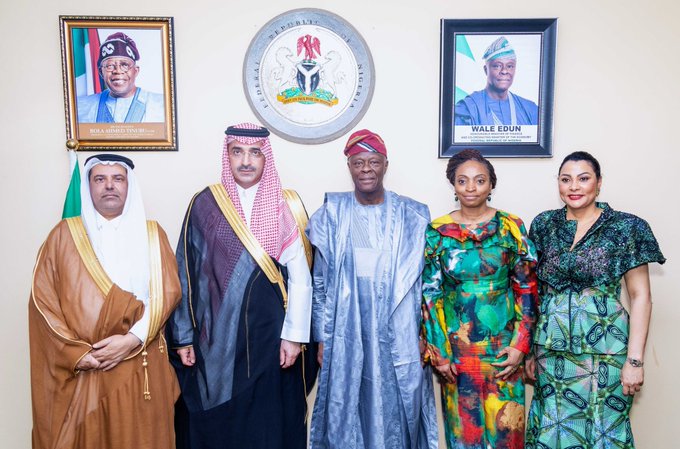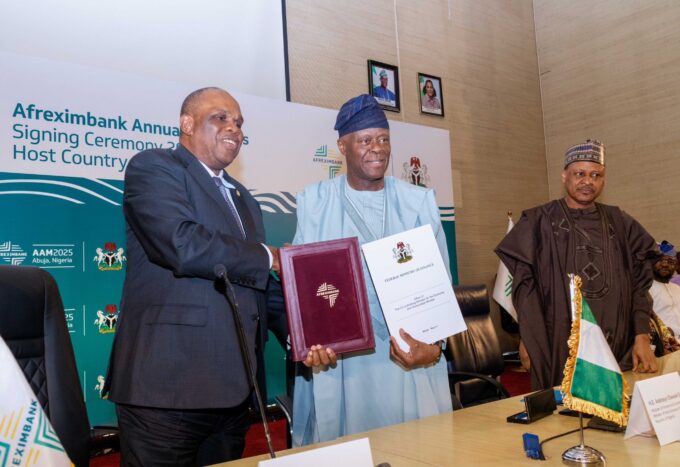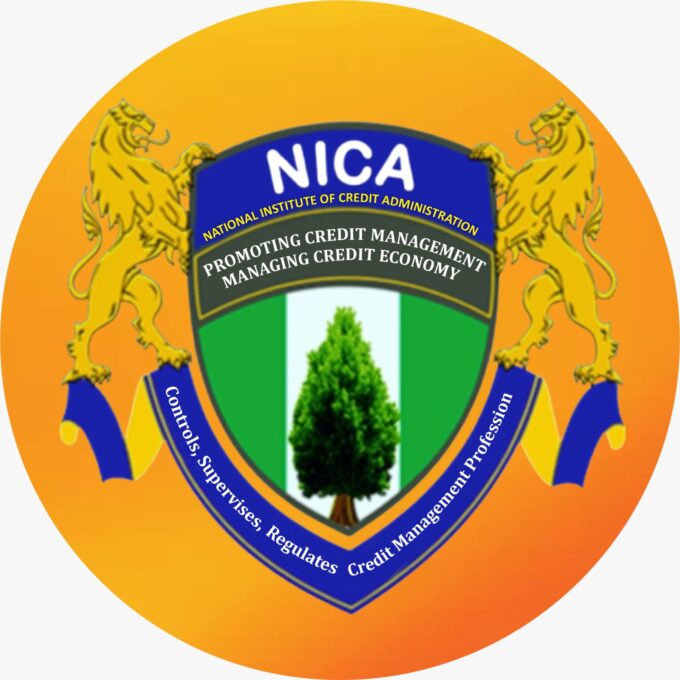The country will have a tough time borrowing from the international market this year, given its high debt portfolio – a warning the World Bank has sounded to all sub-Saharan African countries with debt sustainability issues.
Ghana has long been classified by the World Bank and International Monetary Fund (IMF) as among the countries at high risk of debt distress. The country’s public debt as of September 2021 stood at GH¢341.8billion, representing 77.8 percent of GDP. Of this amount, the external debt component of GH¢163.7billion represents 37.2 percent of GDP.
Meanwhile, the 2022 budget shows government plans to, in the meantime, borrow US$750million from international sources with the option of further increasing by another US$750million. In all, total foreign financing and exceptional financing (use of IMF Special Drawing Rights [SDR] allocation) will amount to GH¢9billion, representing 1.8 percent of GDP.
But the World Bank is of the view that all sub-Saharan countries facing debt sustainability challenges, which includes Ghana, will find it tough raising the needed finances from external sources – implying that the country’s plan to raise up to US$1.5billion from the international market is in peril.
“Countries facing debt sustainability challenges may face reduced access to external funding, forcing abrupt fiscal adjustment,” the World Bank Global Economic Prospect report on sub-Saharan Africa has stated.
Finance Minister Ken Ofori-Atta, presenting the 2022 Budget in Parliament late last year, said even though he is aware of the challenges associated with borrowing from the international market, government will still explore any available opportunity in sourcing funds from abroad.
“Despite these challenging conditions on the international capital market, it is always advisable for government to administratively structure its funding sources to take advantage of available opportunities whenever the risks abate and the outlook becomes favourable.
“Potential multiple instruments government may explore if market conditions permit are listed as follows: regular Eurobond; social instruments for social bonds and social loans to refinance/refinance MDA projects within eligible social categories; term loan and/or bridge financing; green instruments for green bonds and green loans to refinance/refinance MDA projects within eligible green categories; and sustainability instruments for sustainability bonds to refinance/refinance MDA projects within eligible green and social categories,” Mr. Ofori-Atta said.
Again, he said, government will turn to the domestic economy for financing, as there is much uncertainty on the international front. From the 2022 budget, financing the deficit from domestic sources including net issuances from debt will amount to GH¢27.9billion, representing 5.6 percent of GDP.
“The financing for 2022 seeks to further develop the domestic market by proposing new instruments to diversify the debt portfolio and increase the domestic market’s debt financing capacity. Government will continue to build benchmark bonds, by leveraging tap issues or reopening medium- to long-term bonds.
To support the insurance industry in growing the annuity market, government will issue longer-dated bonds to match assets to liabilities and be consistent with the MTDs strategy. Treasury bills will continue to be offered as liquidity and cash buffers to account for cash flow demand seasonalities,” the finance minister said.
But auditing firm PwC is warning that government’s decision to mainly finance its 2022 fiscal deficit from domestic borrowing will have a negative impact on lending, as it will crowd out local businesses and also affect the economy’s credit rating.
“The downside of crowding out the private sector from the credit market may ultimately affect government’s plans to boost entrepreneurship…This will possibly affect Ghana’s credit rating by international credit rating institutions if the growth in GDP is lower than the growth in debt stock,” PwC said in its post budget analysis.
Source: thebftonline.com














